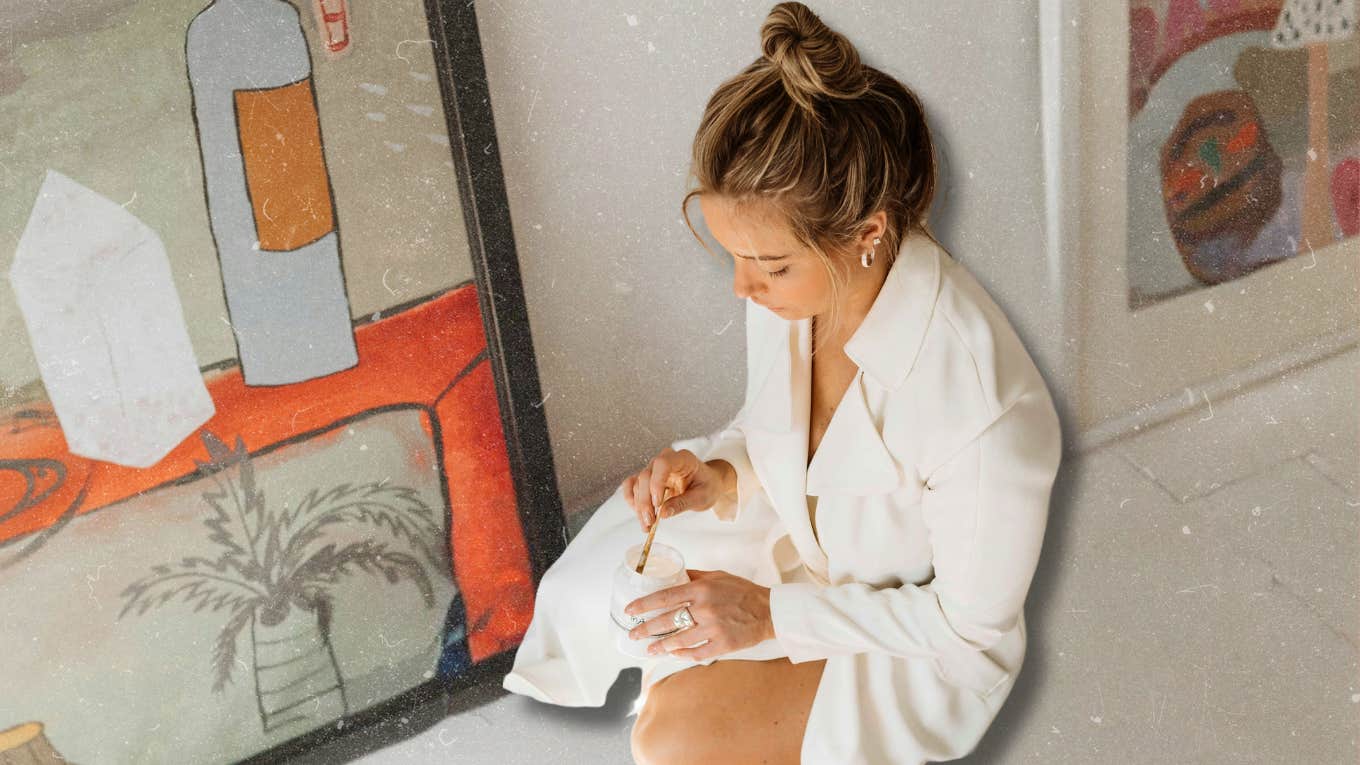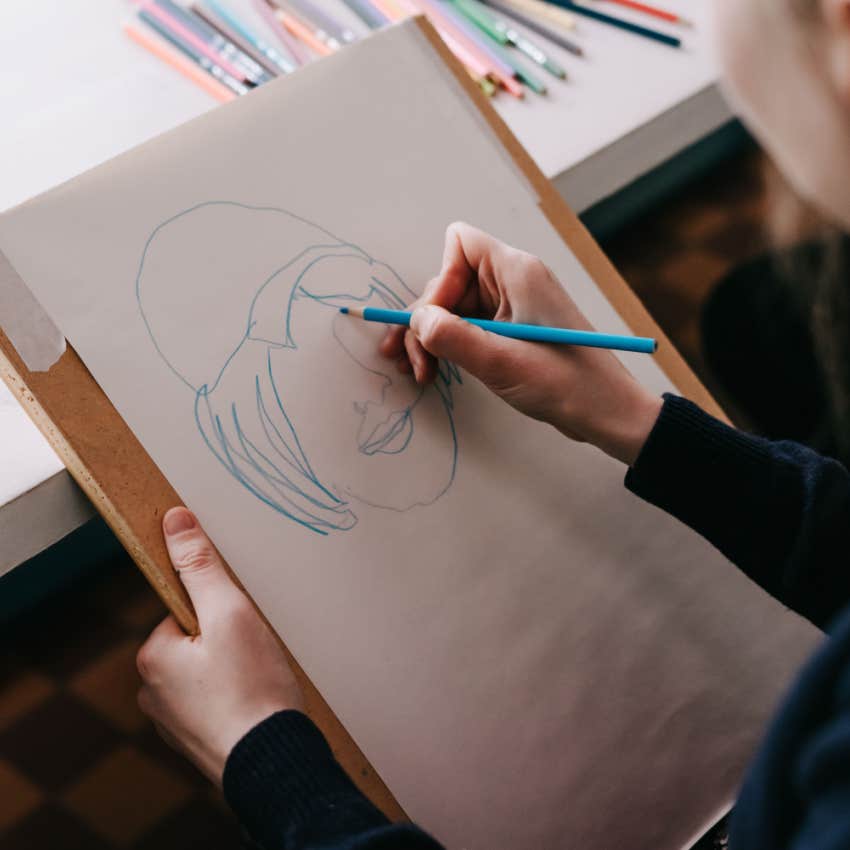10 Tiny Exercises That Will Make You More Creative Than 99% Of People
Hone your creative muscles.
 Mathilde Langevin | Unsplash
Mathilde Langevin | Unsplash Creativity, which is one’s ability to make connections between ideas and bits of information, is becoming thee skill of the modern world. Many will find themselves part of the burgeoning ‘knowledge economy,’ which greatly rewards creativity and productivity. Setting ourselves apart from automated and robotic entities will also be vital; this is where creative skills will again set you apart. But how can we hone our creative muscles and get great at creativity?
Here are 10 tiny exercises that will make you more creative than 99% of people:
1. Mind mapping
Visually laying out your ideas and how they connect works so well because it aligns with how the brain makes connections via our neurons. So by mind-mapping, you are tapping into our innate creativity and emphasizing its power.
2. Word association
This is where you identify a topic or theme and list out all the words you can think of that are associated with this topic. You’re working out the part of your brain that scours and collects relevant information. You can take this further and bring two random words or ideas together (or businesses, for example) and find new creative hybrids when two ideas or words are merged.
3. Free writing
Give yourself time to explore your mind through the power of writing. You don’t need to write anything specific. Just let go and write whatever comes to mind. This isn’t only for writers. This can be a cathartic release and loosens you up for new insights that subsequently come to mind.
4. Doodling or sketching
Research shows that people who doodle are often better at grasping new concepts, developing creative ideas, and staying focused. Drawing like this activates the creative part of the brain, so get doodling as an exercise to boost your thinking power.
 Photo: Alice Rodnova / Shutterstock
Photo: Alice Rodnova / Shutterstock
5. Journaling
You can use your journaling practice to explore ideas via free writing and brainstorming. You can also strengthen your creative muscle by simply offloading some of your concerns and writing through solutions. This is a release and exercises your mind for a double whammy of self-therapy and creativity.
6. Brainstorming
Brainstorming boosts creativity. You can write exhaustive lists of ideas based on specific problems or topics to prompt new creative thoughts that otherwise may have been absent without list-making. This can be done alone, but it’s also interesting to see what happens in a group setting, where several ideas from different people are pooled and combined.
7. Random word uses
Choose a randomly picked word or household object and devise as many different uses as possible for such a word or item. What about the word "spider"? What problems do you or others have that you can find a solution for spurred on by this word? Maybe the spider’s web hints at creating your web of mentors?
8. Role-playing
Get together with friends and create hypothetical scenarios that prompt taking on specific roles. There’s something very powerful about adopting a "personality" outside the one we’ve assumed for ourselves. You can be anyone you like when you adopt new roles. This is a highly creative act.
9. Scavenger hunt
Create a list of items to find and photograph when out on an adventure. This trains the mind to be more aware, which is vital for creativity and making connections. It could even be one thing, like finding all the traffic cones on a specific urban walk. Or you could set the challenge of finding 20 items you can use in a story, for example.
10. Improv games
Improvisation, whether in a comedy context or not, is a superb method to train the creative mind. In improvisation, you continually look for ways to make things work so that a scene or conversation flows. This is the essence of creativity: continuously evading blocks and looking for ways through. Improv trains this in the context of human play and direct interaction. Have fun!
Alex Mathers is a writer and coach who helps you build a money-making personal brand with your knowledge and skills while staying mentally resilient.
